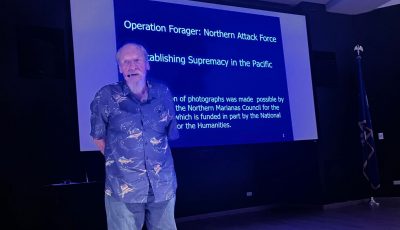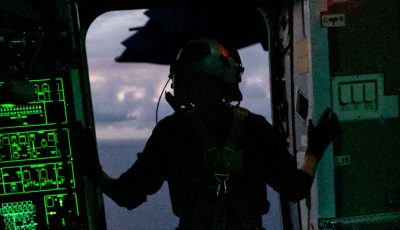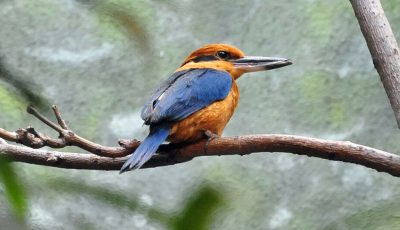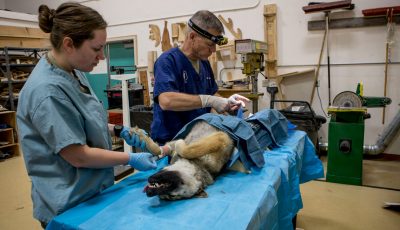Yale law students to learn about US territories
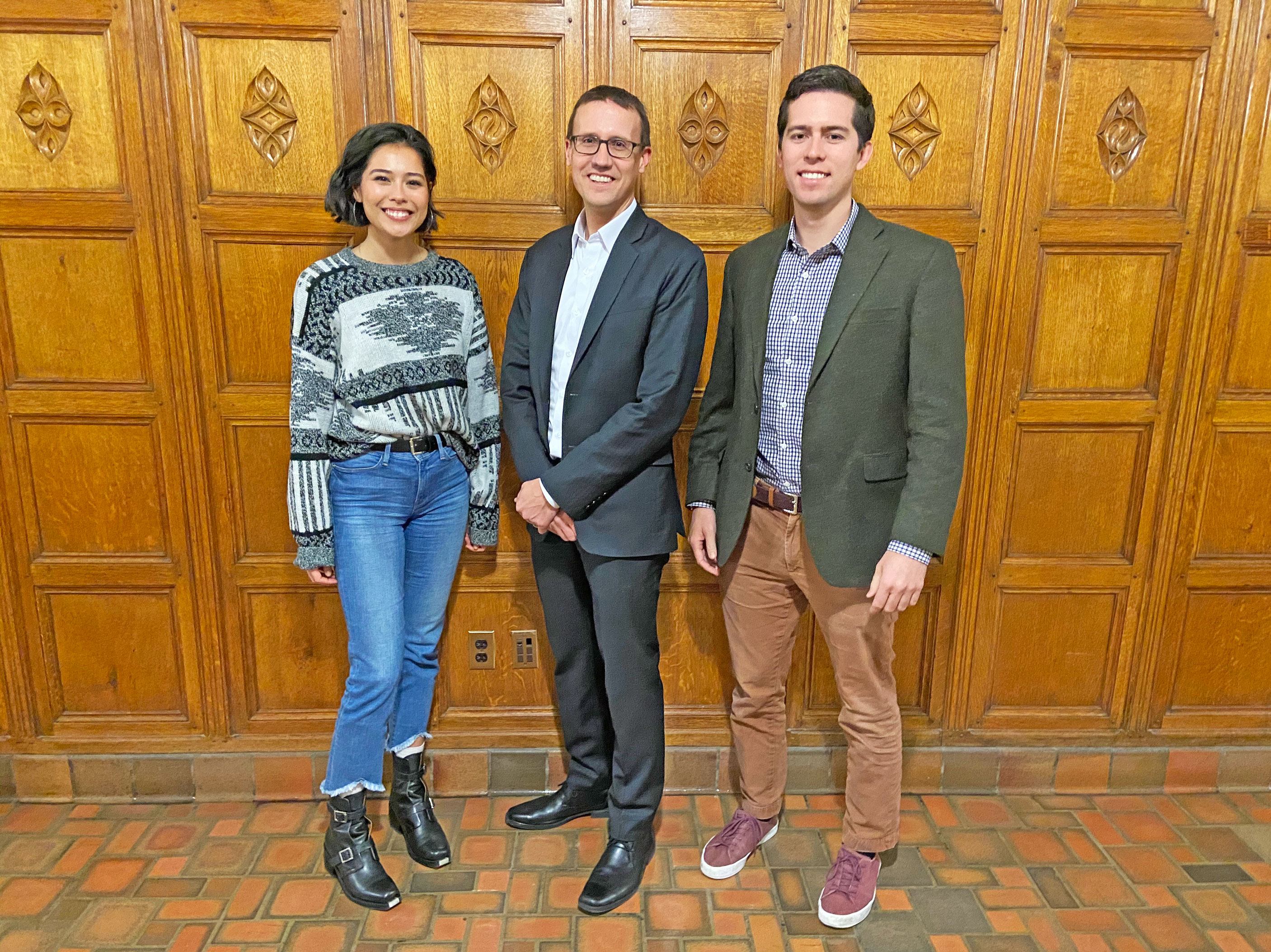
From left, Kyla Eastling, Neil Weare, and James Campbell. (Contributed Photo)
Ask most attorneys whether they learned anything about Guam or other U.S. territories in law school, and all you are likely to get back is a blank stare.
That is starting to change, though, as former Guam resident Neil Weare begins teaching a legal seminar focused exclusively on U.S. territories this semester at Yale Law School.
“It’s exciting to return to Yale Law School, where I studied, to now teach about an important area of law that most law students unfortunately miss out on,” said Weare, who is the founder and president of Equally American, a nonprofit organization that advocates for equality and voting rights for the nearly 4 million Americans living in U.S. territories.
Weare grew up in Guam, representing Guam in the 2004 Athens Olympics and graduating as part of Southern High School’s inaugural class. Prior to law school he worked for Delegate Madeleine Bordallo, then-senator Lou Leon Guerrero, and Delegate Robert Underwood. His parents, Dr. William and Nancy Weare, have lived in Guam for the last 30 years.
“It’s a big deal that law schools like Yale are starting to include specific courses on the territories,” said Weare, who will be teaching his Law of Territories course as a visiting lecturer in law. The seminar has attracted a lot of interest, with 40 students signing up to fill 25 spots in the course.
Two students in the seminar, third-year law student James Campbell and second-year law student Kyla Eastling, have Guam ties. Campbell, whose grandparents are the late Felicita Rosa Long and James O. Long of Mangilao, worked as a judicial intern at the District Court of Guam before attending law school. Eastling, whose grandparents are the late Victoria Lujan Blas and Jesus Quitugua Charfauros, was last in Guam with the Yale Veterans Legal Services Clinic in May. Both were instrumental in petitioning the law school to sponsor the course. James also previously organized for Yale to offer a CHamoru language course via teleconference.
“Yale has a growing community of students interested in addressing the unique legal problems facing the territories,” said Campbell, who has worked to build closer ties between Yale and the legal community in Guam and the other territories. Eastling added, “I’m eager to see how my classmates take what they learn about the territories into their future legal careers.”
Guam resident Kyra Blas, a graduate of St. Thomas Aquinas Catholic School, has also been accepted to begin Yale Law School next fall, likely adding to the number of students with Guam ties attending Yale.
The seminar will focus on the legal and political development of U.S. territories from the founding. In particular, it will critically examine the U.S. Supreme Court’s decisions in the Insular Cases, a series of cases from the early 1900s that created a legal justification for the “separate and unequal” treatment of territorial residents.
Beyond the coursework, Weare will also involve students in Equally American’s efforts to overrule the Insular Cases, expand voting rights in U.S. territories, and other projects.
As part of the course, Equally American is developing a new federal voting rights lawsuit to expand the right to vote in U.S. territories that will be modeled after its prior case, Segovia v. United States. Students will be helping identify potential plaintiffs and will support advocacy inside and outside the courtroom to address the denial of voting rights in U.S. territories, which are Guam, American Samoa, Puerto Rico, the Northern Mariana Islands, and the U.S. Virgin Islands.
Toward that end, Equally American is reaching out to territorial residents who wish to vote for President in the 2020 Presidential Election. Those who are interested should take Equally American’s Right to Vote Survey, available at http://www.equalrightsnow.org/right_to_vote_survey.
In particular, Equally American is looking for territorial residents who are former residents of Hawaii, California, or Florida, three states where it is considering filing the new lawsuit.
Ultimately, Weare is excited for the opportunity to engage students inside the classroom to make a difference for residents of U.S. territories outside the classroom. “Hopefully our advocacy for the territories inside and outside the courts will continue giving law schools reason to teach about the unique issues faced by residents of U.S. territories.” (PR)



